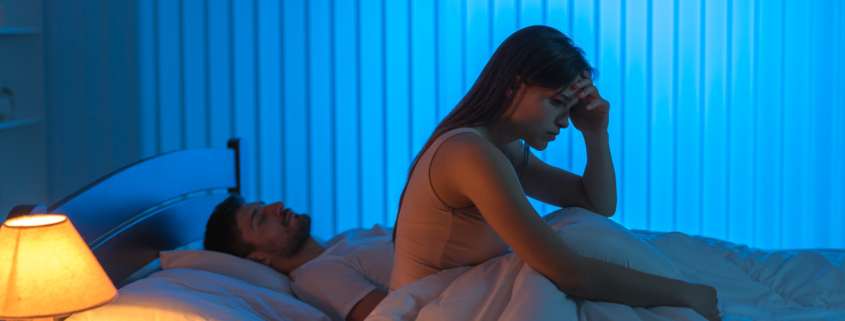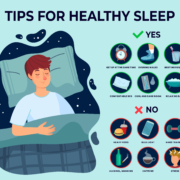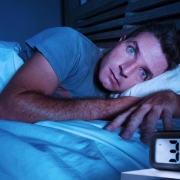Sleep Problems and Female Infertility
Can Sleep Apnea Cause Female Infertility?
Sleep and infertility -Have you ever thought about how they relate to one another?
Sleep plays a vital role in all our lives, affecting our quality of life, health, and yes even fertility. Getting a good night’s sleep helps refresh and restore your brain and body and regulate important hormones. Including the fertility-related hormones. Women with sleep disorders may be more than three times as likely to experience infertility as their counterparts who don’t have trouble sleeping.
A recent study showed that Obstructive Sleep Apnea is more commonly seen in infertile women and increases the odds that a woman will be infertile.
Lack of Sleep Can Affect Fertility-Related Hormones
There’s a long list of “lifestyle” factors that we know can affect the fertility of both women and men. From weight issues, smoking, and stress, but you can add poor quality sleep to that list.
According to the Centers for Disease and Control (CDC), lack of sleep, (6 or less hours a night)- which more than one third of Americans experience, can affect the hormones related to fertility. The part of the brain that regulates “sleep-wake hormones” in both men and women is also responsible for triggering the daily release of hormones that affect ovulation in women and sperm maturation in men.
According to the American Society for Reproductive Medicine’s study, women with low quality sleep had lower rates of fertility than those getting adequate rest.
The importance of sleep is not only tied to the number of hours, but also to the quality of sleep: waking up frequently during the night disrupts the normal sleep cycle, which includes a deep sleep stage during which the body restores itself. Consistent poor-quality sleep can contribute to:
- High blood pressure
- Weight gain
- Hormone imbalance
all of which can lead to fertility problems.
What Else Connects Sleep and Fertility?
Long-term lack of sleep can disrupt more than your hormonal balance. It can affect your fertility in indirect was too.
- Mood changes. Over time, this could disrupt your relationship with your spouse or sexual partner.
- Increasing your health conditions that can affect your fertility. These include diabetes, cardiovascular (heart and blood vessels) disease and obesity.
Studies show that Obstructive Sleep Apnea is more commonly seen in infertile women and increases the odds that a woman will be infertile. More studies need to be done and we still have a lot to learn about how exactly sleep disorders may affect infertility. Even so, the results suggest that women can add infertility to the long list of health reasons to get help when they can’t fall or stay asleep.
If you’d like to have your sleep patterns assessed by a professional, or if you want to learn more about getting adequate sleep, please contact Comprehensive Sleep Care Center.











